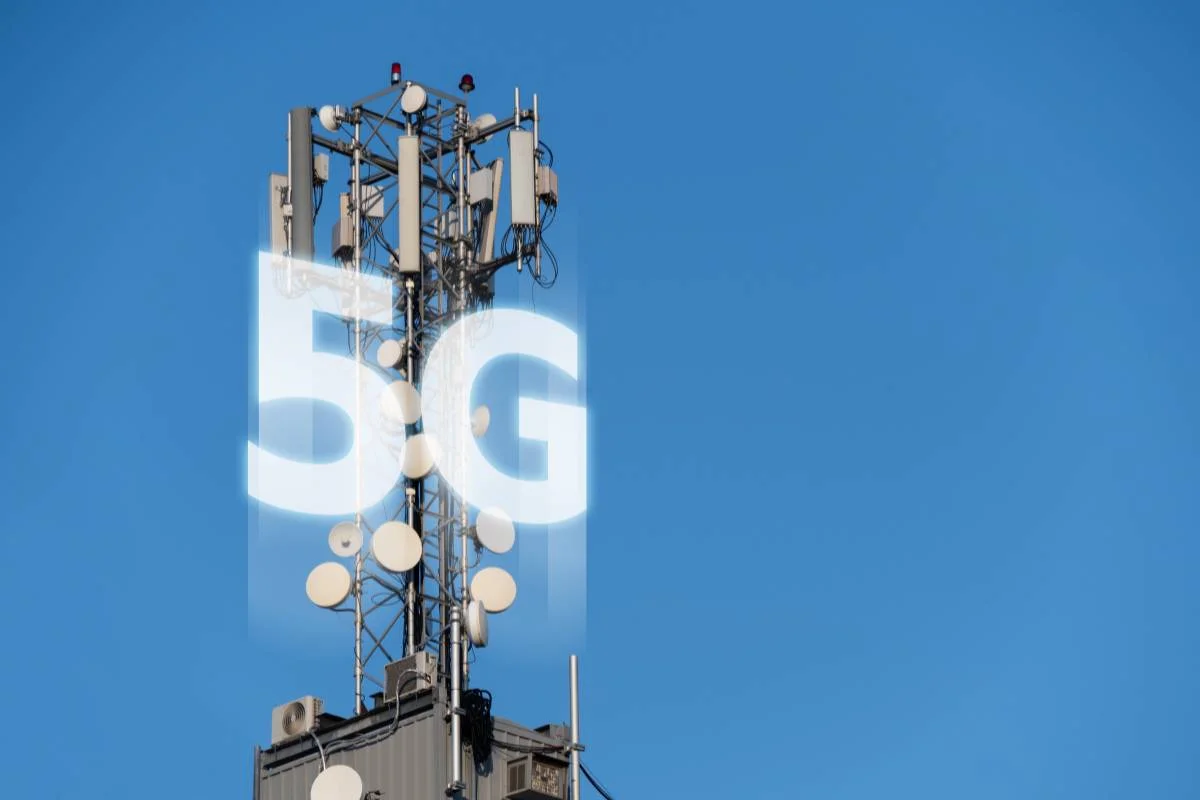
5G in India is one of the biggest opportunities which is expected to change the face of the tech industry. Since India has not been the early adopters of technology, tech companies are relying on the final call by the Indian government to capture the vast 5G market. To reap benefits from the future 5G market of India, the renowned telecom gear manufacturer and systems integration company, HFCL is structuring a portfolio of 5G products, including 5G Radio Access Network (RAN) and 5G Transport equipment for global markets, including India.
HFCL Expansion Plans in India
Even though pandemic resulted in massive chaos across multiple industries, the tech industry witnessed significant growth resulting in expansion plans by companies. HFCL has also hopped on the bus and earmarked Rs 200 crore for the current year. A major chunk of the funds will be used for the expansion of capacity at its Hyderabad plant and the restructuring of Goa and Chennai facilities. HFCL is eyeing 5G RAN products such as Macro RU, 5G Outdoor and Indoor Small Cell.
Not only this but 5G transport such as Cell Site, Fronthaul Gateway and Aggregation Routers will also be included in the development of 5G products. Mahendra Nahata, who is the Managing Director and HFCL Promoter, stated that India is on the verge of a 5G revolution, and commercial rollouts are expected to commence from next year, which will be followed by Spectrum allocation. Nearly Rs 1.5 lakh crore is expected to be the capital investment in India 5G rollout, including spectrum charges. He also stated that the portfolio that will be developed by HFCL would be based on Open Ran standards like O-RAN and security designs.
HFCL is Planning to Expand Fibre Capacity
Apart from developing 5G products, HFCL is also planning to expand its fibre capacity from 8 million fkm/pa to 10 million fibre km per annum at its Hyderbad plant by the end of this fiscal year. Also, HFCL is increasing the OFC capacity by 22 per cent to 22.5 million fkm/pa by December 2021. The company is also planning to take part in the government’s PIL scheme for the telecom sector.















